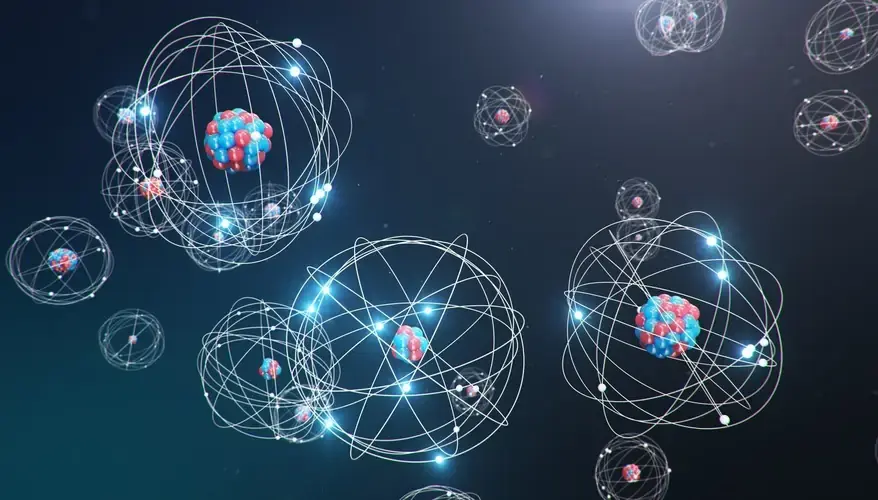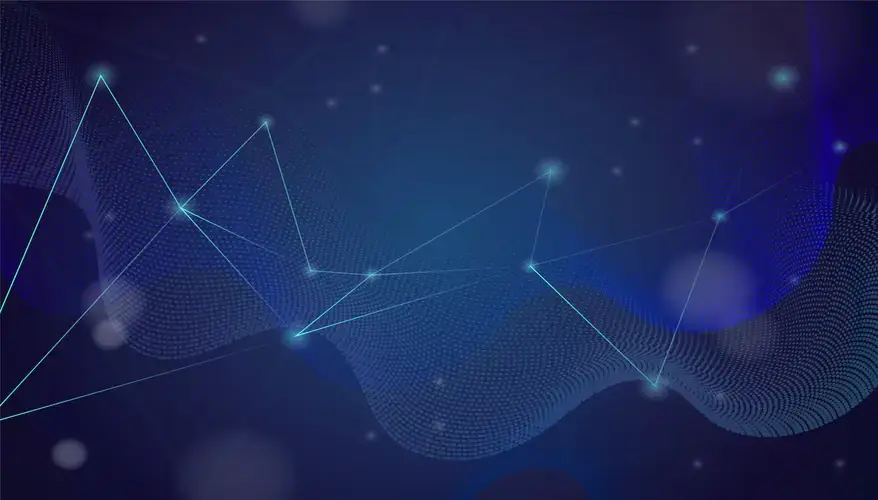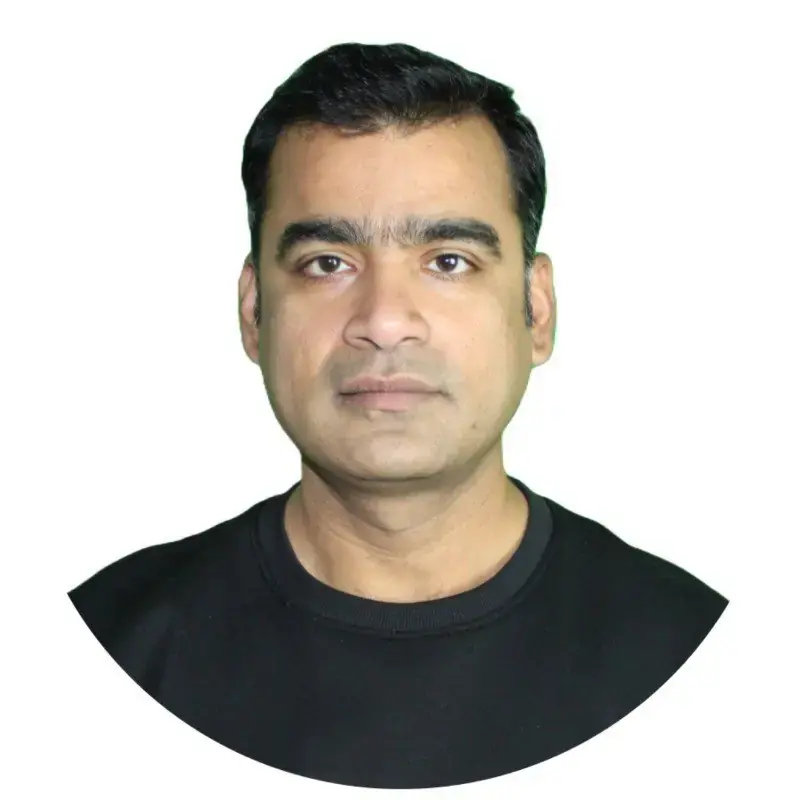Quantum Leap: Transforming the Future of Computing
Are you ready to dive into the exciting world of quantum computing? This fascinating technology promises to change our understanding and use of computers, particularly in information processing. Although it is still in its early stages, quantum computing has the potential to revolutionize how we tackle complex problems and enhance our online security. With this Quantum Leap in technology. Additionally, let’s explore these concepts by drawing on recent insights and developments in the field.
What is Quantum Computing?
Classical computers, the devices we use daily, store and process information using bits. These bits can exist in one of two states: 0 or 1. Quantum computing, however, harnesses the principles of quantum leap mechanics to perform computations. Its fundamental unit of information is the qubit (quantum bit). Unlike a classical bit, a qubit can exist in a superposition of states. This means it can be 0, 1, or a combination of both simultaneously.
Think of it like a coin spinning in the air – it’s neither heads nor tails until it lands.
This ability to represent multiple states at once is a source of quantum computers potential power.
Another crucial quantum leap phenomenon leveraged by quantum computers is entanglement. When qubits become entangled, their fates are intertwined, regardless of the distance separating them. Measuring the state of one entangled qubit instantaneously reveals the state of the others. These unique properties – superposition and entanglement – allow quantum computers to perform certain calculations in fundamentally different ways. They can also be much faster than classical computers for specific types of problems.

Quantum Computing vs. Classical Computing: Different Tools for Different Tasks
It’s crucial to understand that quantum computers are not intended to replace classical computers for all tasks. Additionally, classical computers excel at the vast majority of computations we perform daily, from word processing to web browsing.
Quantum computers, on the other hand, are specifically designed to tackle a subset of problems that are difficult for classical algorithms.
Think of it like this: a regular car is perfect for daily commutes, but a Formula 1 car is needed to break speed records on a race track. Similarly, quantum computers are specialized tools for computationally intensive problems where their unique quantum capabilities can be leveraged.
Also read: https://entechonline.com/forget-your-pc-quantum-computer-is-about-to-change-everything/
The Potential Impact on Computing
The advent of quantum leap computing opens up exciting possibilities across various fields of computing. Here are some key areas where it is expected to have a significant impact:
Simulation of Nature
One of the earliest motivations for exploring quantum computing, as highlighted by Richard Feynman, was the ability to simulate quantum systems directly. Classical computers struggle to accurately model complex molecular interactions, material properties, and chemical reactions. This is because the computational overhead scales poorly with system size. Quantum computers, operating on quantum principles, can emulate these systems much more efficiently. This has profound implications for:

- Materials Science: Designing new materials with desired properties, such as superconductors or more efficient battery materials.
- Materials Science: Designing new materials with desired properties, such as superconductors or more efficient battery materials.
- Chemical Engineering: Optimizing industrial chemical processes.
- Fundamental Physics: Gaining deeper insights into the behaviour of subatomic particles and the universe.
Optimization Problems in Quantum Leap
Many real-world problems involve finding the best solution from a vast number of possibilities. These optimization problems are often computationally very demanding for classical computers. Quantum algorithms, such as the Quantum Approximate Optimization Algorithm (QAOA), show promise in tackling these challenges more efficiently. Applications include:
- Financial Modelling: Portfolio optimization, risk analysis, and fraud detection.
- Artificial Intelligence and Machine Learning: Developing more efficient machine learning algorithms and tackling complex data analysis tasks. This intersection is known as Quantum AI. Quantum computers could potentially accelerate the training of AI models and enable the analysis of very large and complex datasets.
- Scheduling and Resource Allocation: Optimizing complex scheduling problems in various industries.
Also read: https://entechonline.com/quantum-computing-explained/
Cryptography
Perhaps the most widely discussed impact of quantum leap computing is its potential to break many of the public-key cryptography algorithms. Additionally, these algorithms underpin much of modern digital security.
Algorithms like RSA and Elliptic Curve Cryptography (ECC) rely on the computational difficulty of factoring large numbers and solving discrete logarithms.
Quantum algorithms like Shor’s algorithm could efficiently solve these problems. This poses a significant threat to the confidentiality and integrity of digital communications and data stored using these methods. The time-frame for when sufficiently powerful quantum computers capable of breaking these algorithms will be available is still debated. However, experts suggest it could be within the next decade or two, potentially in the 2030-2040 range. This “store now, decrypt later” threat is a major concern for data with long-term sensitivity.

Development of New Algorithms in Quantum Leap
The field of quantum computing is also driving the development of entirely new computational paradigms and algorithms that have no classical counterparts. These algorithms could unlock solutions to problems we haven’t even conceived of tackling with classical methods.
Running Quantum Leap Circuits: A Different Kind of Programming
Programming and running algorithms on quantum computers involves a different paradigm compared to classical programming. It involves designing quantum circuits, which are networks of quantum gates that manipulate the states of qubits. The process typically involves several steps:
- Mapping the Problem: Translating the problem into a quantum circuit that can be executed on the available quantum hardware. This often requires a deep understanding of both the problem and the capabilities of quantum computers
- Circuit Design: Constructing the quantum circuit using appropriate quantum gates to perform the desired computation.
- Transpilation: Optimising the quantum circuit for the specific hardware it will run on, taking into account the connectivity and characteristics of the physical qubits.
- Execution: Running the transpiled circuit on the actual quantum hardware. This step often involves using error suppression and mitigation techniques to improve the results.
- Post-processing: Analysing the output from the quantum processor to extract meaningful results for the original problem.
Tools and platforms like IBM’s Qiskit provide interfaces and primitives to help researchers and developers create and execute quantum circuits on real quantum hardware and simulators.
The Path Forward: A Quantum Leap Future
Quantum computing stands at an exciting inflection point. Significant challenges remain in building fault-tolerant and scalable quantum computers. Nonetheless, rapid progress in hardware, algorithms, and software suggests a transformative future.
The development of quantum-safe cryptography is crucial to ensure our digital security in this evolving landscape.
As we continue to explore the capabilities of quantum computers, interdisciplinary collaboration will be essential. Physicists, computer scientists, engineers, and industry experts must work together to explore their full potential. They must also address the societal implications of this groundbreaking technology. The journey into the quantum realm is just beginning. The discoveries and innovations that lie ahead promise to reshape our technological landscape in profound ways.
Also read: https://entechonline.com/introduction-to-quantum-physics-for-beginners/
CONCLUSION
Quantum computing represents a paradigm shift in computation with the potential to solve problems currently beyond the reach of classical computers. Its impact on computing is expected to be transformative across diverse fields. These include materials science, drug discovery, artificial intelligence, and optimization. While still in its early stages, the rapid progress in quantum technologies suggests a transformative future.
The growing awareness of its potential impact suggests that quantum computing will play an increasingly important role.
Quantum computing represents a paradigm shift in computation with the potential to solve problems currently beyond the reach of classical computers. Its impact on computing is expected to be transformative across diverse fields, from materials science and drug discovery to artificial intelligence and optimization. While still in its early stages, the rapid progress in quantum technologies and the growing awareness of its potential impact suggest that quantum computing will play an increasingly important role in the future of both computing and networking. Staying informed about these developments is crucial for individuals and organizations alike as we navigate this new era of quantum leap computation.
REFERENCES
- SDNTechForum.(n.d.).YouTube. https://www.youtube.com/@SDNTechForum
- SDNTechPodcast
- Gyongyosi, L. (2020). Quantum state optimization and computational pathway evaluation for gate-model quantum computers. Scientific Reports, 10(1). https://doi.org/10.1038/s41598-020-61316-4
- Hwang, C., et al. (2022). Quantum circuit design for computer-assisted shor’s algorithm. Institute of Electrical and Electronics Engineers (IEEE). https://doi.org/10.36227/techrxiv.19152632.v1
- Perepechaenko, M., and Kuang, R. (2023). Quantum encryption of superposition states with quantum permutation pad in ibm quantum computers. EPJ Quantum Technology, 10(1). https://doi.org/10.1140/epjqt/s40507-023-00164-3
Additionally, to stay updated with the latest developments in STEM research, visit ENTECH Online. Basically, this is our digital magazine for science, technology, engineering, and mathematics. Furthermore, at ENTECH Online, you’ll find a wealth of information.






